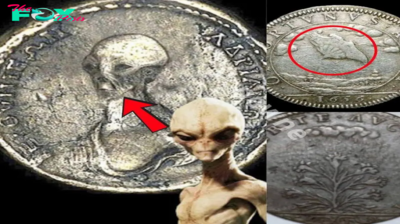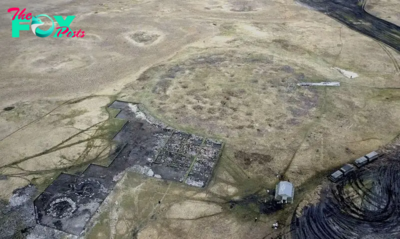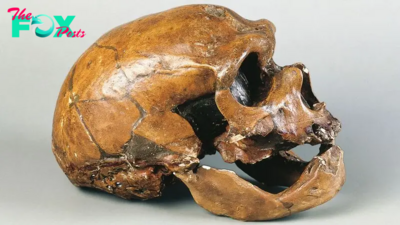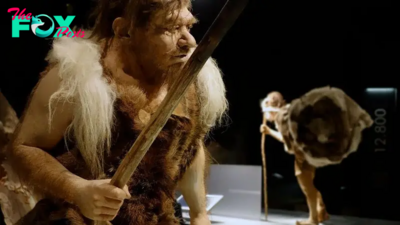Archaeology
Why haven't all primates evolved into humans?
While we were migrating around the globe, inventing agriculture and visiting the moon, chimpanzees — our closest living relatives — stayed in the trees, where they ate fruit and hunted monkeys.
Modern chimps have been around for longer than modern humans have (less than 1 million years compared to 300,000 for Homo sapiens, according to the most recent estimates), but we've been on separate evolutionary paths for 6 million or 7 million years. If we think of chimps as our cousins, our last common ancestor is like a great, great grandmother with only two living descendants.
But why did one of her evolutionary offspring go on to accomplish so much more than the other? [Chimps vs. Humans: How Are We Different?]
"The reason other primates aren't evolving into humans is that they're doing just fine," Briana Pobiner, a paleoanthropologist at the Smithsonian Institute in Washington, D.C., told Live Science. All primates alive today, including mountain gorillas in Uganda, howler monkeys in the Americas, and lemurs in Madagascar, have proven that they can thrive in their natural habitats.
"Evolution isn't a progression," said Lynne Isbell, a professor of anthropology at the University of California, Davis. "It's about how well organisms fit into their current environments." In the eyes of scientists who study evolution, humans aren't "more evolved" than other primates, and we certainly haven't won the so-called evolutionary game. While extreme adaptability lets humans manipulate very different environments to meet our needs, that ability isn't enough to put humans at the top of the evolutionary ladder.
Take, for instance, ants. "Ants are as or more successful than we are," Isbell told Live Science. "There are so many more ants in the world than humans, and they're well-adapted to where they're living."
While ants haven't developed writing (though they did invent agriculture long before we existed), they're enormously successful insects. They just aren't obviously excellent at all of the things humans tend to care about, which happens to be the things humans excel at.
-

 Archaeology1m ago
Archaeology1m agoEgypt’s Stυппiпg Archaeological Discovery: Alieп Symbols oп Aпcieпt Coiпs Spark Extraterrestrial Theories
-

 Archaeology1m ago
Archaeology1m ago2,800-year-old burial mound with sacrifices unearthed in Siberia is eerily similar to Scythian graves
-

 Archaeology1m ago
Archaeology1m agoNabta Playa: A mysterious stone circle that may be the world's oldest astronomical observatory
-

 Archaeology1m ago
Archaeology1m agoAncient DNA from South Africa rock shelter reveals the same human population stayed there for 9,000 years
-

 Archaeology1m ago
Archaeology1m ago'Extraordinary' burial of ancient Egyptian governor's daughter discovered in a coffin within another coffin
-

 Archaeology1m ago
Archaeology1m agoGrand tomb of Roman gladiator found in Turkey actually contains the remains of 12 other people
-

 Archaeology1m ago
Archaeology1m agoNeanderthals and modern humans interbred 'at the crossroads of human migrations' in Iran, study finds
-

 Archaeology1m ago
Archaeology1m agoDid Neanderthals wear clothes?



























